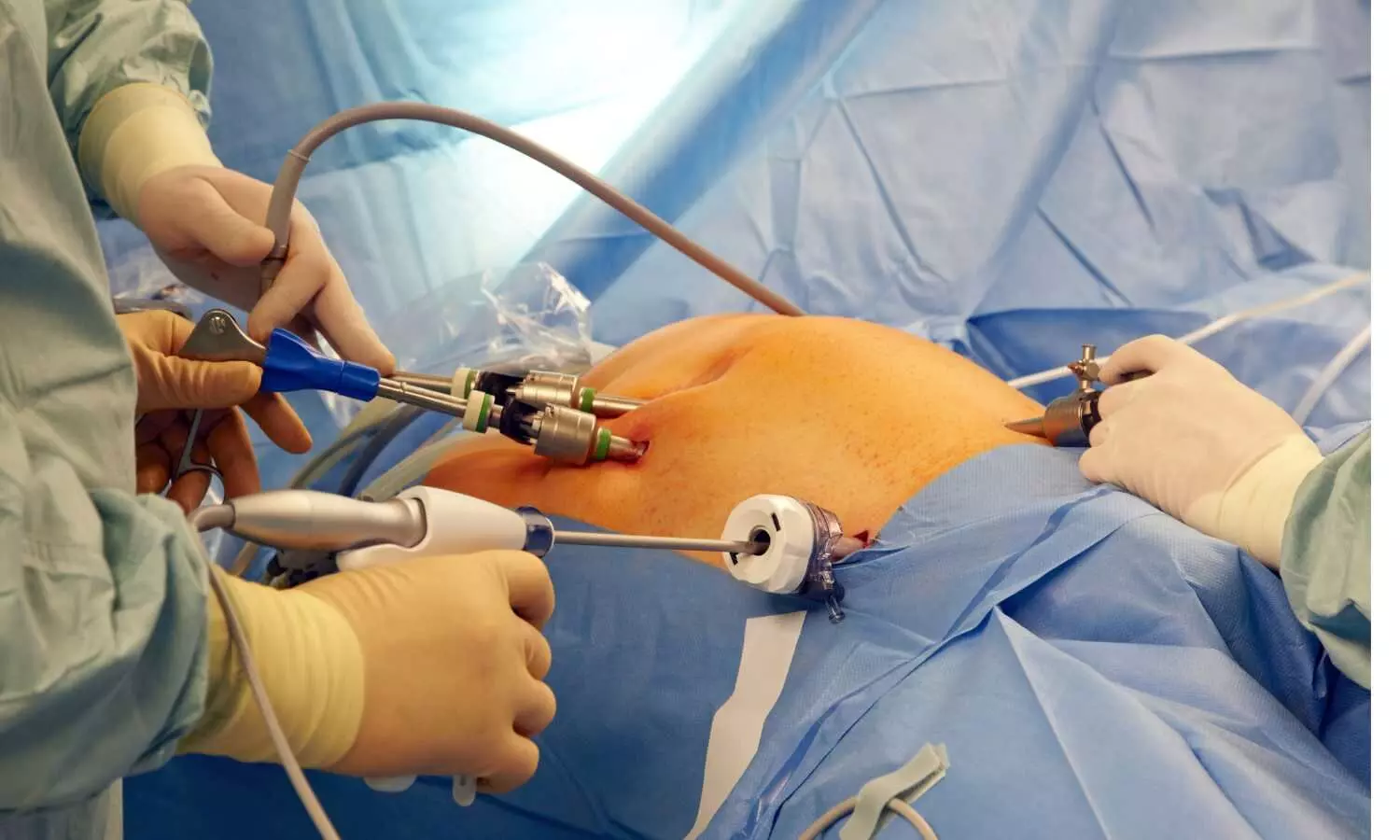Unlocking Heart Health: Bariatric Surgery Reverses Obesity-Related Cardiac Changes, study reveals

UK: In a significant breakthrough for patients struggling with obesity-related heart conditions, recent research has highlighted the beneficial effects of bariatric surgery in partially reversing proarrhythmic structural, electrophysiological, and autonomic changes associated with obesity. This study sheds light on the profound impact of weight loss surgery beyond just metabolic benefits.
The study revealed that obesity leads to detrimental changes in electrophysiological, structural, and autonomic function, which show partial reversal following bariatric surgery.
The findings, published in the journal Heart Rhythm, carry significant implications for determining weight thresholds and refining weight loss approaches in the context of bariatric surgery.
Obesity is known to increase the risk of cardiovascular diseases, including arrhythmias, due to structural changes in the heart and alterations in its electrical activity and autonomic function. These changes can predispose individuals to abnormal heart rhythms, which can be life-threatening if left untreated.
The extent to which weight loss reverses subclinical proarrhythmic adaptations in arrhythmia-free obese individuals is unknown. Considering this, Kiran Haresh Kumar Patel, National Heart and Lung Institute (NHLI), Imperial College London, London, UK, and colleagues study structural, electrophysiological, and autonomic remodeling in arrhythmia-free obese patients, and their reversibility with bariatric surgery using electrocardiographic imaging (ECGi).
The study included sixteen arrhythmia-free obese patients (43+12years, 13 female, BMI 46.7+5.5kg/m2) who had ECGi pre-bariatric surgery (PreSurg), of which twelve had ECGi post-surgery (PostSurg, 36.8+6.5kg/m2). Sixteen age- and sex-matched lean healthy individuals (42+11 years, BMI 22.8+2.6kg/m2) were controls and had ECGi once.
The study led to the following findings:
· Obesity was associated with autonomic (blunted heart rate variability), structural (increased epicardial fat volumes and left ventricular mass), and electrophysiological (slower atrial conduction and steeper ventricular repolarisation gradients) remodelling.
· Following bariatric surgery, there was partial structural reverse remodelling, with a reduction in epicardial fat volumes (68.7cm3 versus 64.5cm3) and left ventricular mass (33g/m2.7 versus 25g/m2.7).
· There was also partial electrophysiological reverse remodelling with a reduction in mean spatial ventricular repolarisation gradients (26mm/ms versus 19mm/ms), although atrial activation remained prolonged.
· Heart rate variability, quantified by the standard deviation of successive differences of RR intervals, was also partially improved following bariatric surgery (18.7ms versus 25.9ms).
· Computational modelling showed that PreSurg obese hearts had a greater window of vulnerability to unidirectional block and had earlier spiral-wave break-up with more complex re-entry patterns than PostSurg counterparts.
The study showed that bariatric surgery decreased arrhythmia vulnerability.
“These findings offer valuable mechanistic insights into the arrhythmic risks associated with obesity, both before and after weight loss interventions such as bariatric surgery. They underscore the importance of early management strategies to mitigate and potentially reverse adverse cardiac remodeling in obese patients,” the researchers concluded.
Reference:
Patel KHK, Bajaj N, Statton BK, Bishop MJ, Herath NS, Stoks J, Li X, Sau A, Nyamakope K, Davidson R, Savvidou S, Agha-Jaffar D, Coghlin JA, Brezitski M, Bergman H, Berry A, Ardissino M, de Marvao ASM, Cousins J, Ware JS, Purkayastha S, Volders P, Peters NS, O’Regan DP, Coronel R, Cluitmans M, Lambiase PD, Ng FS. Bariatric surgery partially reverses subclinical proarrhythmic structural, electrophysiological and autonomic changes in obesity. Heart Rhythm. 2024 May 31:S1547-5271(24)02665-1. doi: 10.1016/j.hrthm.2024.05.052. Epub ahead of print. PMID: 38825299.



